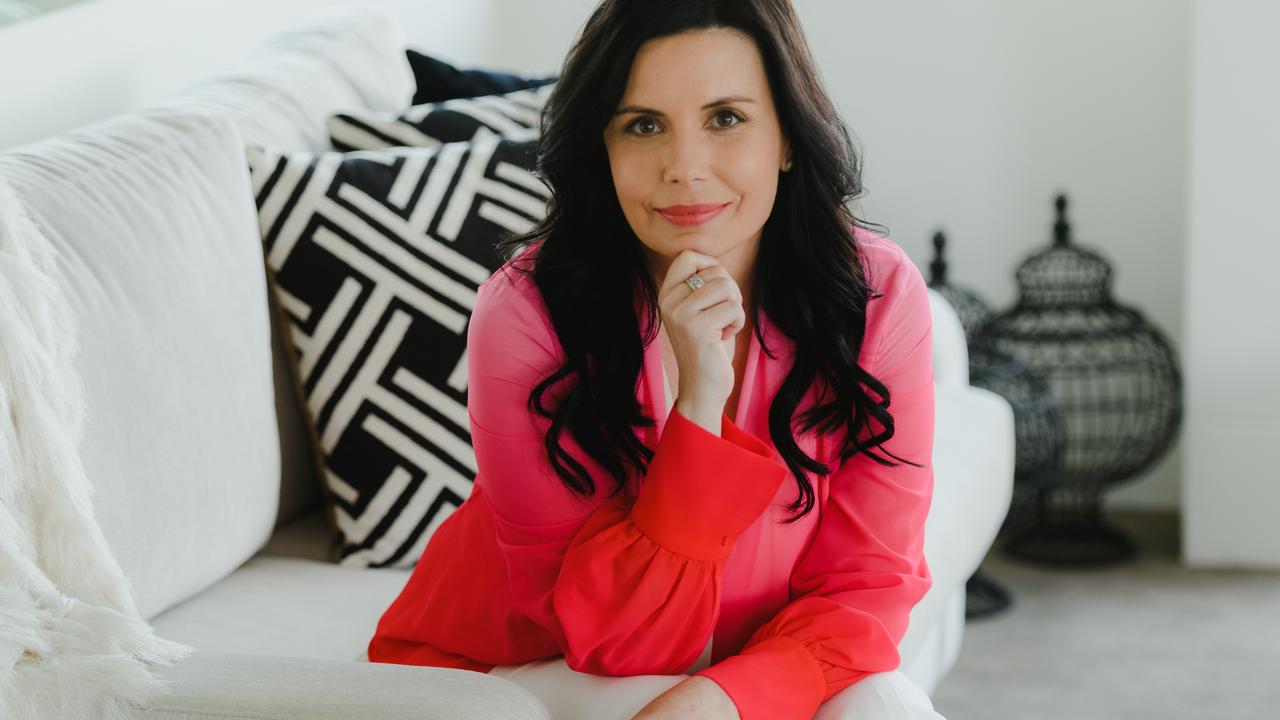Australia’s gender pay gap extends to superannuation, property ownership
Aussie women are far worse off when it comes to a secure future compared to men, and the gender pay gap is to blame, according to the latest research.

Women are far worse off when it comes to superannuation contributions compared to men, according to recent data which highlights the gender pay gap in Australia.
Australian women are retiring with 36 per cent less superannuation than men and have less super at every stage, according to an analysis of ATO tax file median balances.
The research shows Australian men receive $12 billion more in superannuation contributions than women each year.
The gap increases when a woman enters her 30s, with a gap of less than 7 per cent for women in their late 20s to almost 35 per cent once a woman reaches her late 40s.
Women retire with an average $122,848 compared with men who retire with $154,453, according to a report by comparison website Finder.
One in three women retire with no super balance at all, according to a 2016 Senate report.
Three-quarters of women will fall short of the recommended four decades of super contributions.
The latest statistics show that women average just 30.1 years of contributions, while men are about five years ahead with an average 36.2 years.
RELATED: ‘Make sure future you is getting paid’
RELATED: ‘Concerning’: Aussies don’t understand super

Canstar’s finance expert Steve Mickenbecker previously told news.com.au that women are in a worse situation when it comes to superannuation.
“For women the magnitude of the gap is worse, with average super balances 15 to 20 per cent lower than men,” he pointed out.
Women currently in their 60s face the biggest super gap of more than $275,000, based on research from Canstar.
Finance educator Vanessa Stoykov previously told news.com.au that about 80 per cent of Australians are falling short of what they should have in super, but said divorced women and women out of the workforce are the most severely affected.
“There are a lot of examples of women who’ve been divorced and have no super,” Ms Stoykov said.
”The average balance for men is $270,000 in retirement and for women it’s $157,000 because of the broken work patterns and women raising children,” she added.
To be comfortable, Australians need around $42,000 a year as a single or $62,000 for couples, according to Ms Stoykov, but that figure is assuming you own your own home and don’t have a mortgage lingering over your head.
“If you don’t own your own home, it’s going to be a lot harder to live a comfortable life,” Ms Stoykov said.

WOMEN OWN LESS PROPERTY
Australia’s gender pay gap extends to home ownership, with the research showing women are trailing men in the property market.
A recent CoreLogic study showed only around 26 per cent of more than 4.7 million properties belonged to women compared to almost 30 per cent owned by men.
According to the report’s author Eliza Owen, this imbalance creates a “wealth gap” that leaves women vulnerable in retirement.
“It’s well documented that if you still have rental or mortgage costs at the time you retire, then you have a much higher incidence of falling into poverty,” she said.
The problem’s core lies in the disproportionate salaries between men and women, with women paid less than men over their lifetime.
On average, men working full time earn 13.4 per cent more than women working full time, according to the latest ABS data.
It takes women an extra 10 months to save for a 20 per cent house deposit, but that doesn’t factor in that women work less paid hours as they take on more of the unpaid household work, which adds to the gap.



